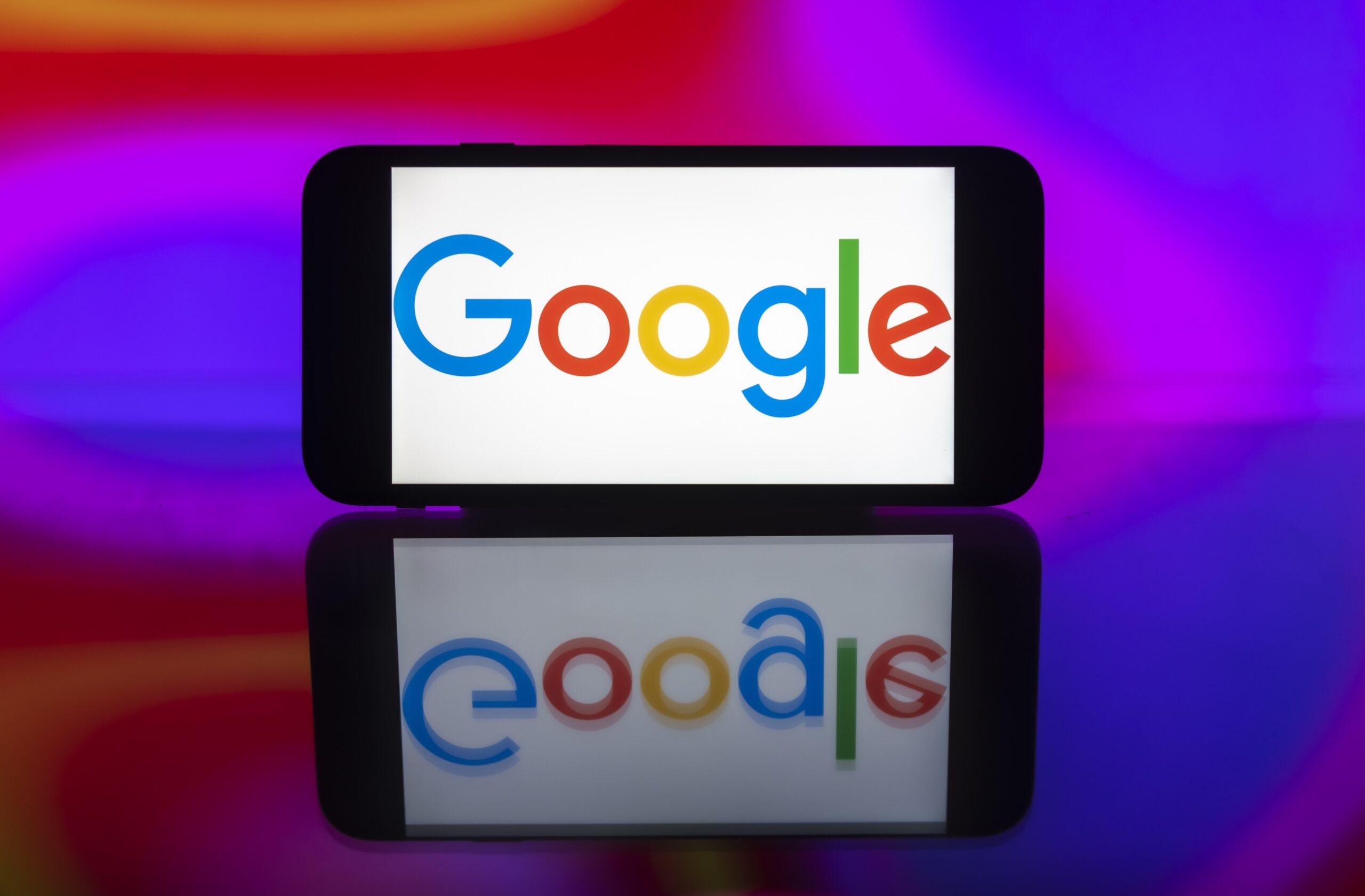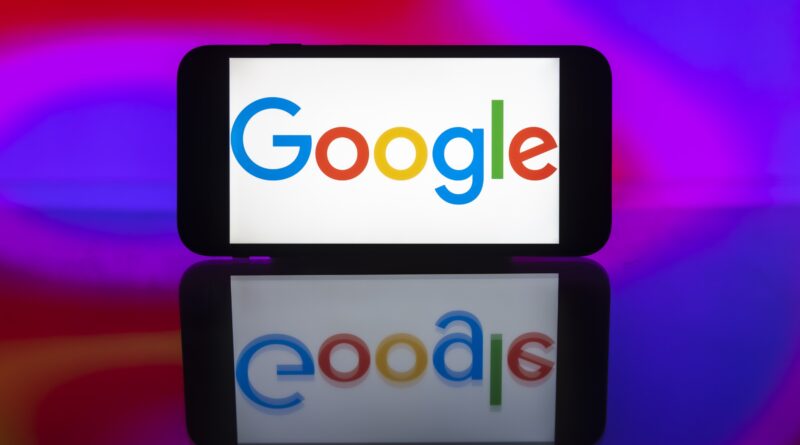Google is funding AI tools for nonprofits, including the World Bank

As brands, tech giants, and consumers navigate the boom of AI-integrated tools, nonprofits are trying not to fall behind. Google, one of Big Tech’s AI front runners, is lending a hand.
Unveiled on March 28, the new Google.org Accelerator: Generative AI seeks to empower more “high-impact” nonprofits with generative AI support via funding, technical training, and mentorship during what is essentially a six-month Google crash course. Each of the nonprofits are already experimenting, or planning to integrate, AI-powered tools into their work.
The participating projects include things like AI-powered assistants and coaches built using Large Language Models (LLMs), AI-powered search interfaces, and chatbots based on non-English Natural Language Processing (NLP) models.
Google.org has already funneled cash into AI-powered projects for good, including experimental efforts like HomeTeam, an AI-powered veterans mental health training program built by Reflex AI.
In November, Google unveiled its AI Opportunity Agenda, a set of policy recommendations and action items for supporting global AI integration. The agenda notes AI’s potential in “solving big social challenges” and recommends building a “global AI Corps” that can build an AI-ready workforce, in addition to opening up other grant and training streams for businesses and organizations. Google followed up its agenda with the European AI Opportunity Initiative (and Google.org fund), providing “a range of foundational and advanced AI training to support vulnerable communities, startups, and everyone.”
Google is exploring AI (and its profitability) across industries, like its recent investments in consumer health tech, AI-powered healthcare tools, and the medical field at large.
The accelerator launches with its first cohort of 21 nonprofits, spanning various industries and AI use cases, including initiatives from major global players like the World Bank. See the full list of accelerator participants and their AI tools below.
-
Benefits Data Trust, a nonprofit helping low-income individuals access government benefits, is building an AI-powered assistant for caseworkers and front-line workers.
-
Beyond 12, a tech nonprofit supporting college students in underserved communities, is creating a generative AI-powered College Coach for first-generation college students and students from under-resourced communities.
-
CareerVillage, a community hub for professional and student advice, is expanding of its AI Career Coach for underrepresented individuals.
-
Climate Policy Radar, a tech nonprofit providing NLP tools for climate research access, is designing an AI-enabled search interface for its climate law and policy database.
-
CodePath, a nonprofit focused on diversifying tech careers, will provide AI tutoring and mentorship solutions for personalized career support to underserved communities.
-
EIDU, a digital learning nonprofit, is building a generative AI-based personalized tutoring and other services for students in low- and middle income-countries.
-
Full Fact, a misinformation and fact-checking organization, will introduce a generative AI fact-checking tool that analyzes and summarizes large volumes of health misinformation.
-
IDinsight, Inc., a social impact advisor, provides generative AI-powered responses to health-related inquiries from new or expectant mothers in South Africa.
-
Jacaranda Health, a nonprofit providing support to government hospitals, uses an NLP tool trained in African languages to provide digital health services to mothers.
-
Justicia Lab, a nonprofit that designs digital solutions for immigrant justice, is building an AI assistant that provides customized legal guidance to immigrants on the path to citizenship.
-
Materiom, a nonprofit universalizing regenerative materials, is building a generative AI tool for entrepreneurs building and testing compostable biomaterial recipes, intended to cut down on packaging and textile waste.
-
mRelief, a nonprofit startup connecting people to government assistance, is creating an AI assistant that helps individuals apply for the Supplemental Nutrition Assistance Program (SNAP).
-
Opportunity@Work, a labor and employment nonprofit, is exploring AI-powered research into non-degree career paths, helping workers Skilled Through Alternative Routes (STARs).
-
Partnership to End Addiction, an addiction prevention, treatment and recovery nonprofit, is building out AI-powered addiction support services for families, including training simulations and quality assurance tools.
-
Quill.org, an open source digital education platform, will launch an AI-powered writing and reading comprehension feedback for students.
-
Tabiya, a tech nonprofit addressing global youth employment, operates a generative AI tool that provides employment advice and job matching to jobseekers in low- and middle-income countries.
-
Tarjimly, a tech nonprofit providing language services to humanitarian organizations, currently offers AI-powered translation to support human refugee advocates.
-
U.S. Digital Response, a tech solutions nonprofit helping governments and other public entities, has designed a language access tool intended to help reduce barriers to unemployment insurance.
-
The World Bank is developing a generative AI tool to help policy makers more quickly and effectively extract research findings.
Want more stories about how AI fits into your life? Check out Mashable’s AI @ Work and AI @ Home series.

